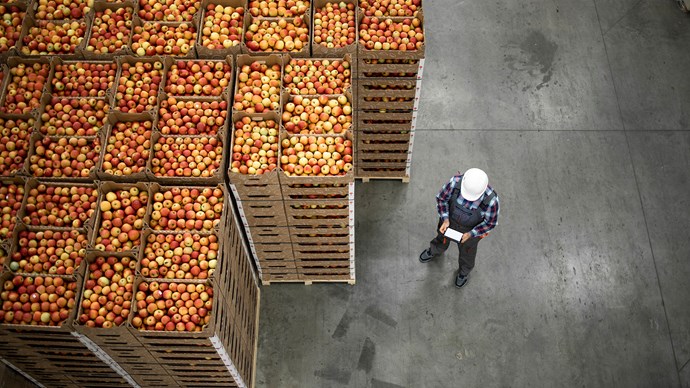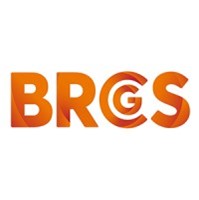ASI Food Safety Broadens Certification Services Through Kiwa

When it comes to food safety, there’s a plethora of certification programs out there to choose from to ensure the safety and quality of a food or beverage product. The infinite number of options can make it challenging for producers to decipher which certification is right for them. This is where ASI Food Safety (member of Kiwa Group since 2022) comes in to simplify the complex landscape of certification, pointing out not only which program is best, but where the standards intersect so producers aren’t wasting time or money on an unnecessary audit.
ASI has specialized in food safety solutions since the 1940’s, mostly offering cGMP inspections, training, consulting, and SQF Certification as an Accredited Certification Body. This year, as a member of Kiwa Group, ASI is expanding to offer additional certifications, such as FSSC, BRCGS, IFS, and more.
These three certifications come with their own unique benefits to be leveraged by small, medium, and large Fortune 500 companies in various parts of the world.
Although FSSC 22000 has been ensuring food safety standards and processes across the food supply chain for over a decade, it’s gaining a lot of traction with large corporations around the world. FSSC 22000 follows the food chain category description defined in ISO/TS 22003 and is benchmarked by GFSI. Since FSSC is an ISO-based food safety management system, it easily integrates with similar systems like ISO 9001 or ISO 14000.

One unique bonus of FSSC 22000 is the fact that instead of requiring renewal annually, these certifications are valid for three years.
ASI began offering this certification this year as a Member of Kiwa for companies based in the United States, Mexico, and Canada.
BRCGS Certification (Brand Reputation Compliance Global Standards) began with a focus on food safety and started expanding in 2001 to cover multiple sectors such as packaging materials, consumer products, and distribution.

This particular certification is highly regarded globally and is often required by retailers and stakeholders in the supply chain. BRCGS helps companies enhance their reputation, build consumer trust, meet regulatory requirements, and improve overall operational efficiency.
According to the BRCGS Compliance Report, this certification has also helped several food manufacturers increase their sales growth by 7.5% on average, also achieving a 6% spike in profitability on average.
IFS (International Featured Standard) was developed by the French Retail Association and the German Retail Association in 2002 with a focus on food safety, later developing standards for other industry sectors. The IFS risk-based, non-prescriptive approach allows companies to determine hazard control methods that are best suited to their unique conditions.

IFS is a widely popular safety standard in Europe, and its simplified standardization has been slowly but surely gaining traction in the U.S. Most European retailers require IFS certification in order to carry a product in stores, so it’s the go-to certification for North American food and beverage manufacturers looking to export products to Europe.
What’s tricky about IFS Certification process in the United States is getting scheduled with an auditor, since the number of qualified auditors is in the single digits. Because IFS training is based on European regulations and requirements that Americans aren’t familiar with, roughly 25% of auditors pass.
That said, ASI and Kiwa are expanding together at a rapid pace, and have worked hard to become one of the few certification bodies with a qualified IFS auditor available in the U.S.!
2024 marks a significant expansion in certification services for ASI and Kiwa, offering several options for companies seeking to uphold the highest standards in food safety. The addition of FSSC, BRCGS, and IFS certifications broadens the spectrum of benefits available to businesses of all sizes, while enhancing food safety practices on a global scale.

